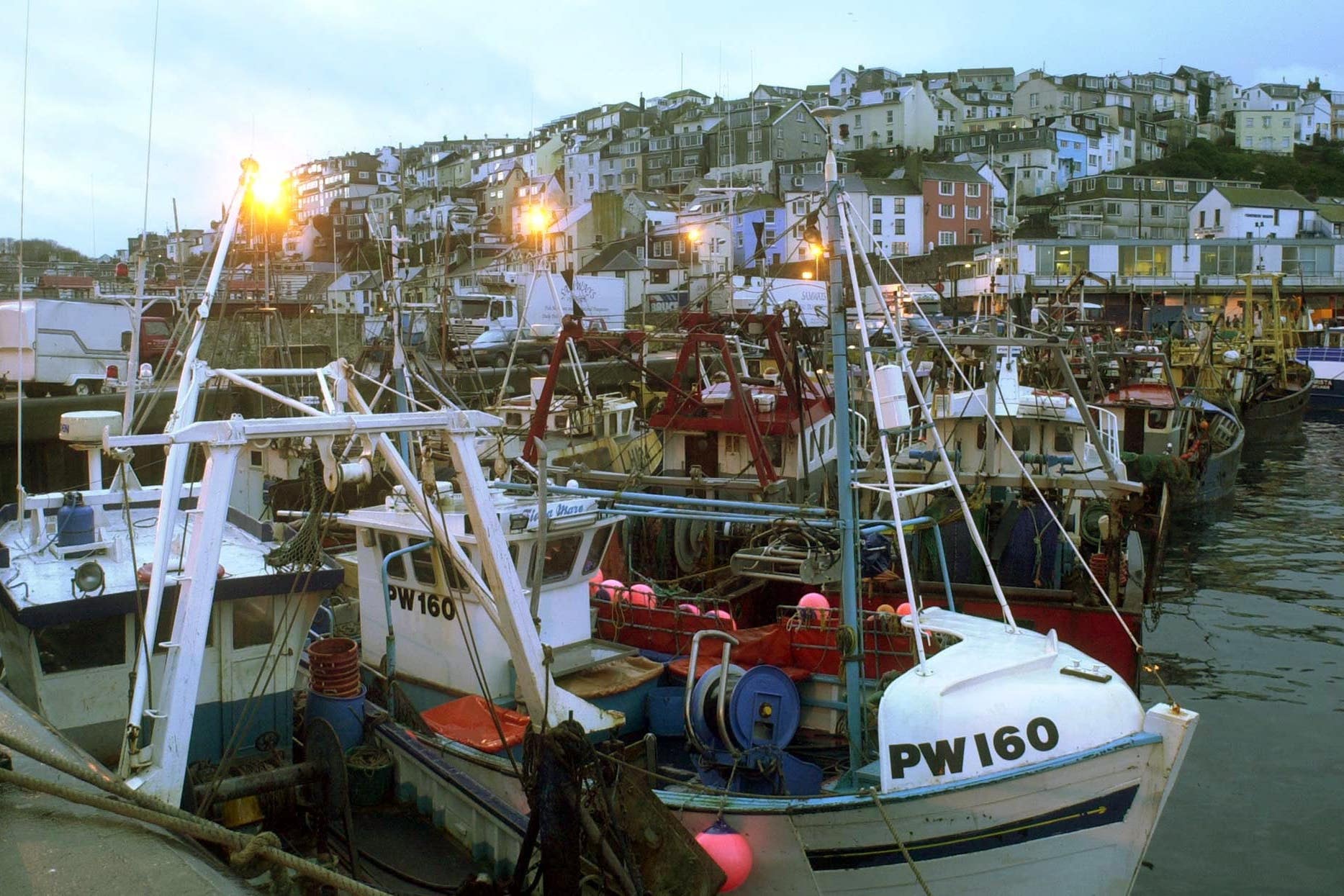Primary school closes after traces of parasite discovered in south Devon water
Residents in the affected area have been told to boil tap water before drinking it.

A primary school has closed due to not having drinking water, as officials in south Devon investigate a disease which causes sickness and diarrhoea.
The UK Health Security Agency (UKHSA) said 22 cases of cryptosporidium, a waterborne disease caused by a microscopic parasite, had been confirmed in Brixham.
Other reported cases of diarrhoea and vomiting in residents and visitors to the south coast town are also under investigation and more confirmed cases of cryptosporidium are expected, the UKHSA said.
South West Water have issued a “boil water notice” for Alston and the Hillhead area of Brixham after water tests showed “small traces” of the parasite cryptosporidium, which causes sickness and diarrhoea.
In a statement on Thursday, Torbay Council said South West Water had opened two bottled water collection points.
A spokesman said: “We are also aware that Eden Park Primary School have made the decision to close today due to not have drinking water. We are not aware of any other school closures.
“Our Public Health team issued general guidance about cryptosporidium to schools yesterday (Wednesday) including its symptoms, treatments and precautions that should be taken.
“South West Water is delivering bottles of water to schools and nurseries as well as continuing to distribute to their priority list.”
The water company previously said data from tests on Tuesday had shown treated water leaving its treatment works was not contaminated, but further tests taken overnight found small traces of cryptosporidium and it had issued the warning to boil water as a precaution.
Residents are being urged to boil water and let it cool before drinking it, preparing or cooking food or cleaning their teeth, though the company said water can continue to be used as normal for washing, bathing and flushing the toilet.
In a statement, South West Water said: “We are working with public health partners to urgently investigate the source.
“We apologise for the inconvenience caused and will continue to keep customers and businesses updated.”
The company said bottled water stations will be set up in the affected areas as soon as possible, while vulnerable customers would get deliveries of bottled water to their homes.
Anthony Mangnall, Conservative MP for Totnes and South Devon, urged South West Water to respond “faster” to the incident.
He tweeted: “South West Water’s response in Brixham needs to be faster. Residents should not have to be going without safe drinking water.
“I hope to see the system back up and running shortly & the compensation level increased beyond the current £15.”
UKHSA South West said it was working with Torbay Council, South West Water, NHS Devon and the Environment Agency to investigate.
Anyone with a diarrhoeal illness should drink plenty of water to prevent dehydration and if they have severe symptoms like bloody diarrhoea, they should contact NHS 111 or their GP surgery
Sarah Bird, consultant in health protection at UKHSA South West said: “We advise people in the affected areas to follow the advice from South West Water and boil their drinking water and allow to cool before use.
“Anyone with a diarrhoeal illness should drink plenty of water to prevent dehydration and if they have severe symptoms like bloody diarrhoea, they should contact NHS 111 or their GP surgery.
“Symptoms include watery diarrhoea, stomach pains, dehydration, weight loss and fever, which can last for two to three weeks.”
She warned that anyone can get the disease but it is most common in young children between one and five years old, and most healthy people will recover fully.
People who catch the disease should stay off school or work for 48 hours after they stop being ill, and away from swimming pools for 14 days, she said.
The disease can be picked up directly from the faeces of another person or animal, from swimming in or drinking contaminated water, or even by eating contaminated food such as unwashed vegetables.
Cryptosporidium in manure can contaminate fields, rivers and crops, officials warn.
Bookmark popover
Removed from bookmarks